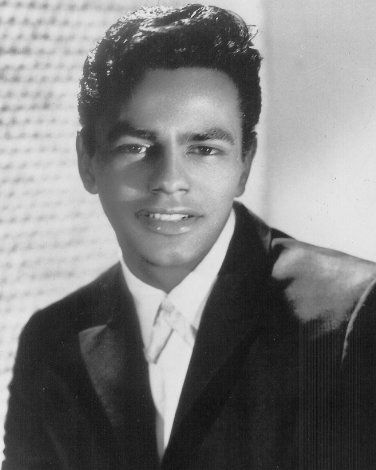The Soulful Revolution: Black Singers of the 60s and 70s
Imagine a time of social upheaval, cultural revolution, and the electrifying rise of soul, funk, and R&B. That was the era of Black singers in the 1960s and 70s – a period when music became a powerful voice for change, love, and liberation. These artists weren't just singers; they were storytellers, activists, and icons who redefined music and left an indelible mark on American culture.
The 1960s saw the Civil Rights Movement take center stage, and Black music became its unofficial soundtrack. Artists like Aretha Franklin, with her anthems of empowerment like "Respect," gave voice to the struggle for equality. Marvin Gaye's "What's Going On" delved into the social ills of the time, reflecting the turmoil of Vietnam and racial injustice.
But the music wasn't all protest and pain. This era also gave birth to the exuberance of Motown, with artists like The Supremes, Smokey Robinson, and The Temptations delivering infectious melodies and polished performances that transcended racial barriers. The Jackson 5, with a young Michael Jackson leading the charge, brought youthful energy and undeniable talent to the forefront.
The 1970s witnessed the evolution of soul into funk, with artists like James Brown pioneering a raw, rhythmic sound that emphasized Black identity and pride. Disco emerged, offering a space for liberation and celebration, with artists like Donna Summer reigning supreme on the dance floor. This era also saw the rise of Stevie Wonder, a musical prodigy whose socially conscious lyrics and innovative sound pushed creative boundaries.
The impact of these Black singers extends far beyond their time. They broke down racial barriers, challenged social norms, and paved the way for future generations of artists. Their music continues to inspire, uplift, and move us, reminding us of the power of art to reflect and shape our world.
Legacy and Influence of Black Singers of the 60s & 70s
These singers not only dominated the charts but also played a crucial role in shaping the musical landscape, influencing genres like soul, funk, R&B, and even rock and pop. They became symbols of Black pride and empowerment, using their platform to advocate for social justice and equality. Their music crossed racial and cultural boundaries, fostering dialogue and understanding during a time of significant change.
Notable Artists:
This list represents just a fraction of the incredible talent that emerged in this era:
- Aretha Franklin
- Marvin Gaye
- Stevie Wonder
- James Brown
- The Supremes
- The Temptations
- The Jackson 5
- Donna Summer
- Gladys Knight & the Pips
- Curtis Mayfield
Exploring Their Music Today
The music of Black singers from the 1960s and 70s remains timeless and continues to resonate with audiences today. You can find their music on various platforms:
- Streaming Services: Spotify, Apple Music, Tidal, Amazon Music
- Online Music Stores: iTunes, Google Play Music
- Vinyl Records: Specialty stores or online marketplaces
Conclusion
The legacy of Black singers from the 1960s and 70s is one of unparalleled talent, cultural influence, and lasting impact. They were more than just entertainers; they were pioneers who used their voices to challenge the status quo, uplift their communities, and shape the sound of generations to come. Their music remains a testament to the power of art to inspire, provoke, and unite.
Unlocking the mystery of benjamin moore china white the ultimate guide
Nail the perfect waterskiing speed a guide to towing like a pro
Unveiling the purpose why defining your writing goal matters














